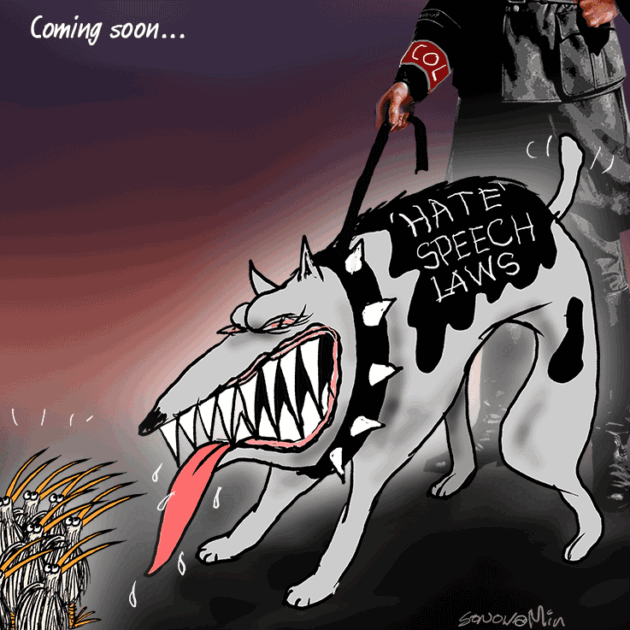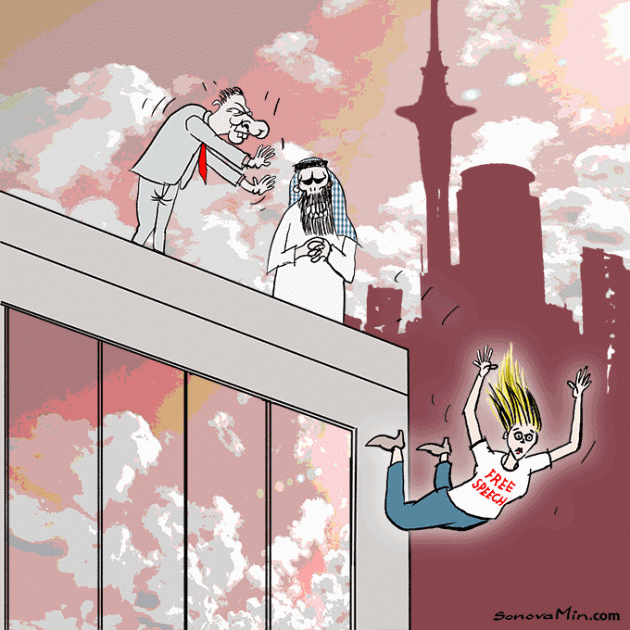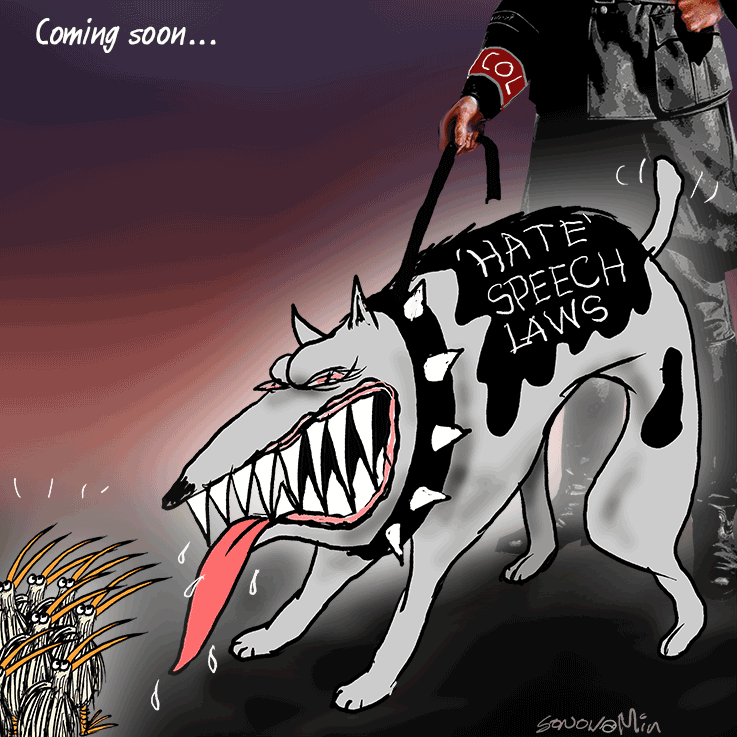As election rumblings grow louder it’s worth reviewing some of the key fault lines of the last three years. Some of these cracks in the public square will inevitably re-open in the next term, especially in the (unlikely!) event that the current government is returned.
Among the most significant debates were those about free speech.
The so-called “hate speech” legislation proposed by the Green Party remains below the surface. All the same, many laws debated inside and outside Parliament during the current term have had implications for Kiwis’ freedom of speech.

On the positive side of the ledger, this term of Parliament saw the repeal of blasphemous libel and the introduction of a more balanced “contempt of court” regime, both of which were National Party initiatives led by the last government. On the other hand, we also saw an entirely redundant “safe zones” proposal arise during the abortion law debate, which was of course conducted along conscience lines. That measure failed but a Member’s Bill was recently drawn covering exactly this subject, meaning that we’ll soon be re-litigating it.
The importance of freedom of expression should be instinctively obvious in any liberal democracy, including and especially to politicians. But because some parties don’t seem to understand what’s at stake, the moral, legal and political dimensions are worth spelling out.
From a National Party perspective, our emphasis on equality of opportunity indicates strongly that we should err on the side of letting all Kiwis speak – and let them hear others speak too – when competing considerations arise.
There are several key distinctions that the other side of the argument tends to miss.
The first is the difference between physical vs emotional harm. These waters are often muddied so that “safety” from certain words (not sticks and stones) is promoted on university campuses and elsewhere.
Another distinction is between criticism of specific individuals, who we should continue to guard against unfair targeting (through defamation and doxing, for example) and the shutting down of good-faith debate about trends in society at large.
Another dividing line that leftists often trip over is the one between civil and criminal legal action. We should be much more comfortable with avenues of private dispute (imperfect though those processes may be) than the state’s power be applied against its citizens in the form of prosecutions.
Finally, it’s worth noting that private and public platforms are inherently different. Venues funded by the public purse owe it to ratepayers and taxpayers to allow discussion in those places, in a way that independent organisations and individuals do not.

Let’s hope that the election campaign will shine a light on some of these issues, along with the pressing practical problems of the day. Let’s say what we think about the importance of free speech while we can.
If you found this BFD article interesting please share it with others.

